The ways people think and speak have always been deeply influenced by the stories that surround us. Those that have complained about their manager owe Shakespeare for inventing the job title. Those who have lamented being stuck in the “friend zone” can thank the hit television show “Friends” for popularizing that regrettable phrase. Elements of the zeitgeist are often separated from their original sources as they weave their way into the fabric of language and culture.
The world of esports has its fair share of homegrown terminology. During an April Overwatch League stream, a viral tweet by OWL stats producer Matt Mersel highlighted the near-complete lack of real English words in a portion of the broadcast. But despite the pervasiveness of esports slang, it is generally a niche sort of jargon, understandable only to members of the community and increasingly difficult to parse for people outside of esports.
there is a single actual english word on this lower third
we are evolving as a broadcast, a language, and a species pic.twitter.com/0XriRNixP5
— backpackmatt (@MattMersel) April 23, 2021
Challenger Approaching
There is one game that has escaped the confines of esports to become a genuine pop-culture fixture in its own right: Super Smash Bros. Thanks to 22 years as a favorite of casual and competitive gamers alike, Smash is instantly recognizable to millions of people. The iconography of the Smash series has worked its way into politics, sports and popular culture at a level nearly unprecedented in the gaming world. Super Smash Bros. is gradually becoming part of humanity’s cultural fabric.
Perhaps the highest-profile example of Smash’s cultural impact occurred in April 2020, when former Michigan congressman Justin Amash announced that he was running for president using a meme based on the “challenger approaching” motif from the Smash series. Featuring a Constitution-brandishing figure of Amash silhouetted against a yellow sunburst, the announcement borrowed heavily from Smash to communicate a feeling of uncertainty and excitement that would have been instantly recognizable to many of Amash’s followers.
The cross-generational appeal of Smash is one reason why it has become a lasting fixture of the zeitgeist. Gamers who were 12-years-old when the first installment of the series came out can now introduce Smash Ultimate to their own 12-year-old children. It’s difficult to imagine even a Minecraft-themed announcement resonating with a wider demographic slice of Amash’s libertarian supporters.
Smashing into the mainstream
Elements of the Smash series have subtly pervaded younger generations, too. In 2018, “choose your character” became a popular meme on TikTok, involving video creators dressing up as different stereotypes or archetypes while a remix of Super Smash Bros. Melee’s main menu theme plays in the background.
Considering at least 25 percent of TikTok users are younger than Super Smash Bros. Melee, it’s possible that many of the people creating and consuming this meme were largely unaware of its source of inspiration. The “choose your character” meme draws from other fighting games besides Smash, but the use of the Melee theme is evidence that the iconography of Smash has become tied to a certain kind of competitive gaming experience in the minds of the TikTok generation.
Indeed, Smash’s casually competitive nature has allowed it to invade other forms of competition, both within and outside the world of esports. “Wombo combo,” a term coined in 2008 by Smash commentators Phil DeBerry and Brandon “HomeMadeWaffles” Collier, has transformed into a gaming-wide slang term describing any kind of flashy or impressive play. The phrase has been adopted by the League of Legends community, superimposed over videos of dodgeball matches, and popularized within the auto-chess scene. At this point, “wombo combo” is ubiquitous in gaming, but it originated in Smash.
Falcon Punch
Meanwhile, Yuna Guivarc’h, a prominent Montréal roller derby player, has competed under the name of “Falcon Punch” since 2011. By her own admission, Guivarc’h is not much of a gamer — but ten years ago, when she was brainstorming for a nickname that would convey the ferocity of her playstyle, Falcon Punch was the clear choice.

“It is from Super Smash Bros.; I remember that reference for sure.” Guivarc’h said. “But it’s from a distant memory.”
To Smash players, the phrase Falcon Punch evokes one of the game’s most infamous moves. But for a certain group of people in Montréal, it has taken on an entirely different meaning. Though Guivarc’h acknowledges her moniker was sourced from the Smash series, it has become a distinct part of her own identity over the last ten years.
This is just one of many examples of “Falcon Punch” making its way into the broader culture as a byword for anything particularly intense or “badass.” It has been adopted by musicians, used to identify hiking trails and repurposed as a name for countless alcoholic beverages.
Since the release of Smash 64 in 1999, countless elements of Smash iconography have entered the popular lexicon nearly independently of the game itself, supported and propagated by a passionate and demographically diverse community of fans. Nobody is claiming that Masahiro Sakurai is the next William Shakespeare, but perhaps future generations will know him as the Bard of Tokyo.


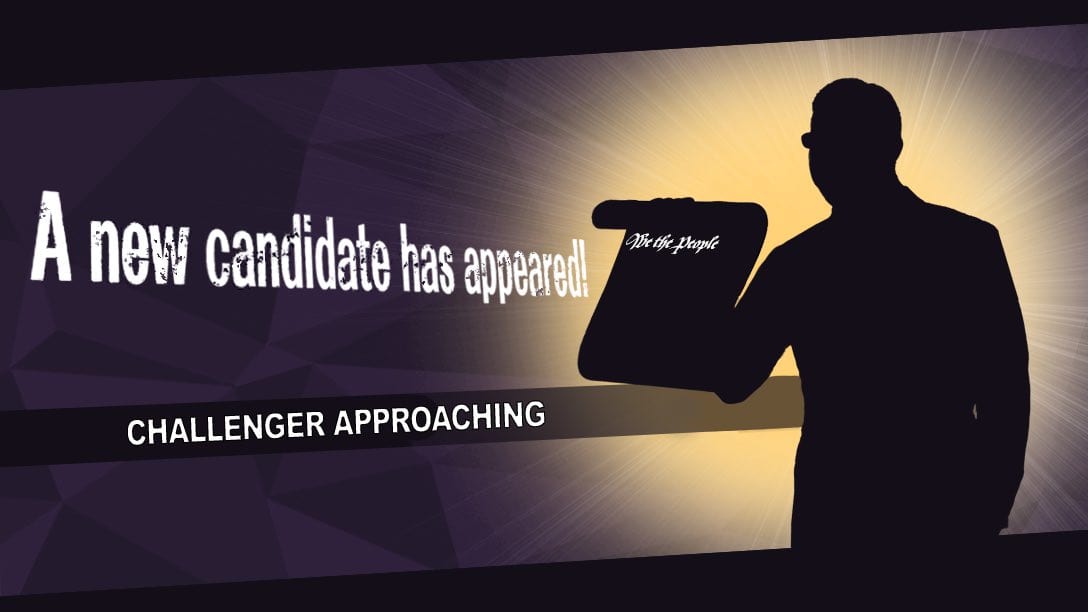
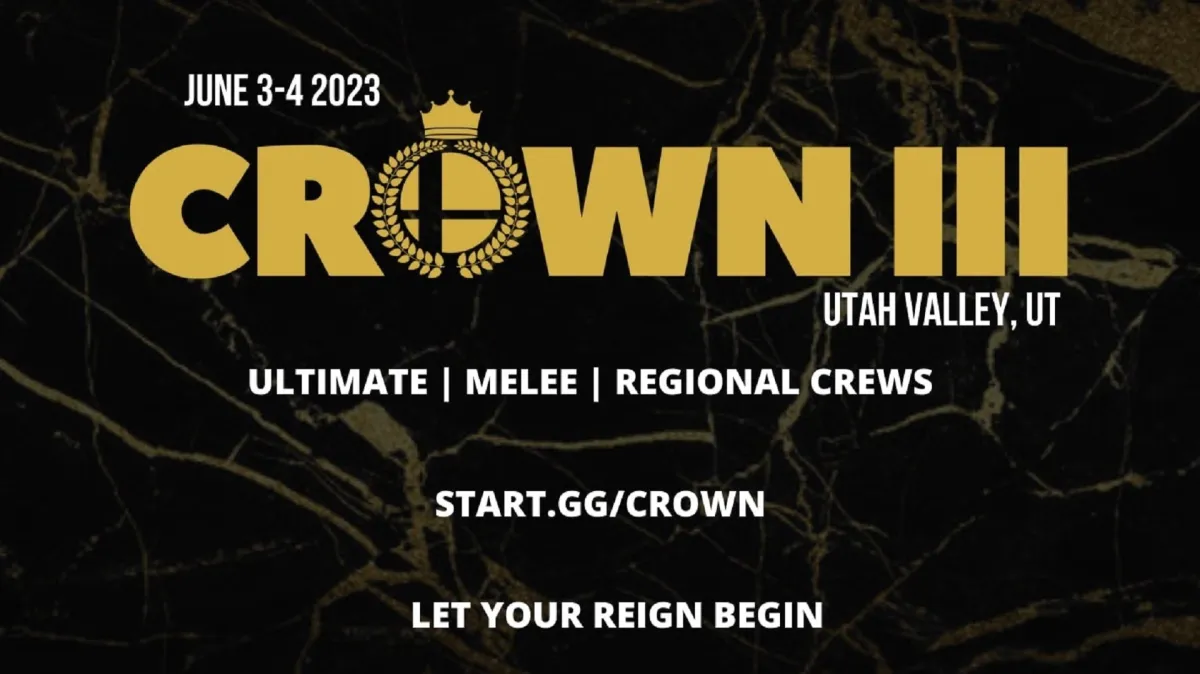
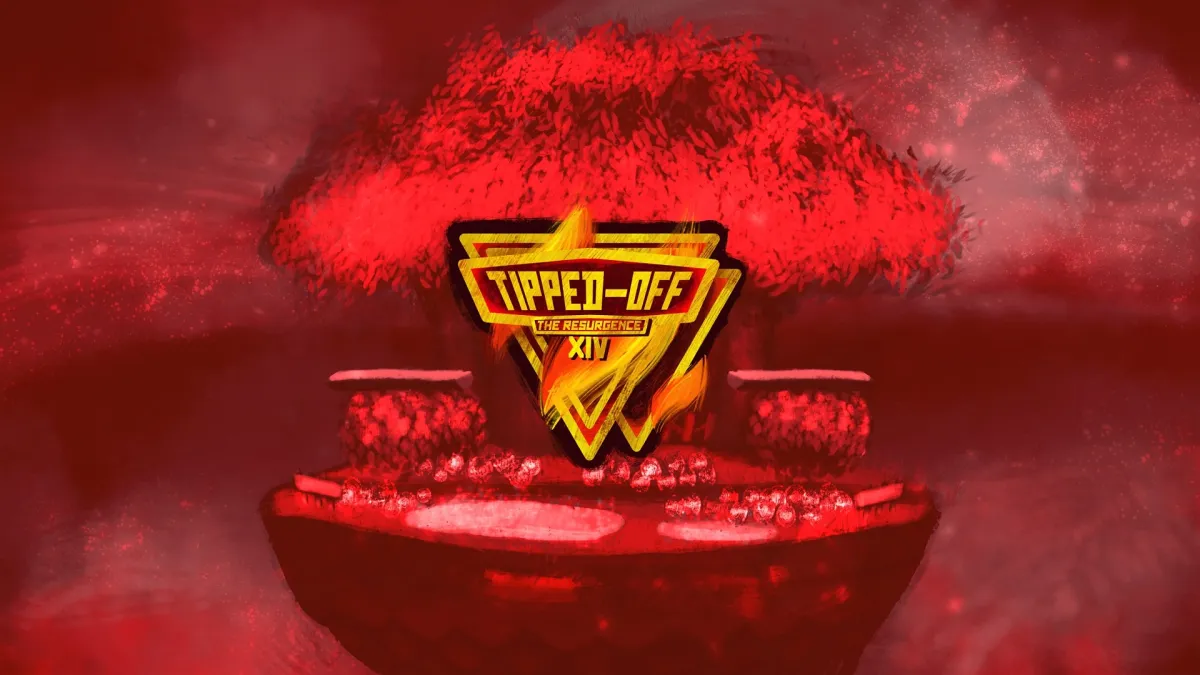
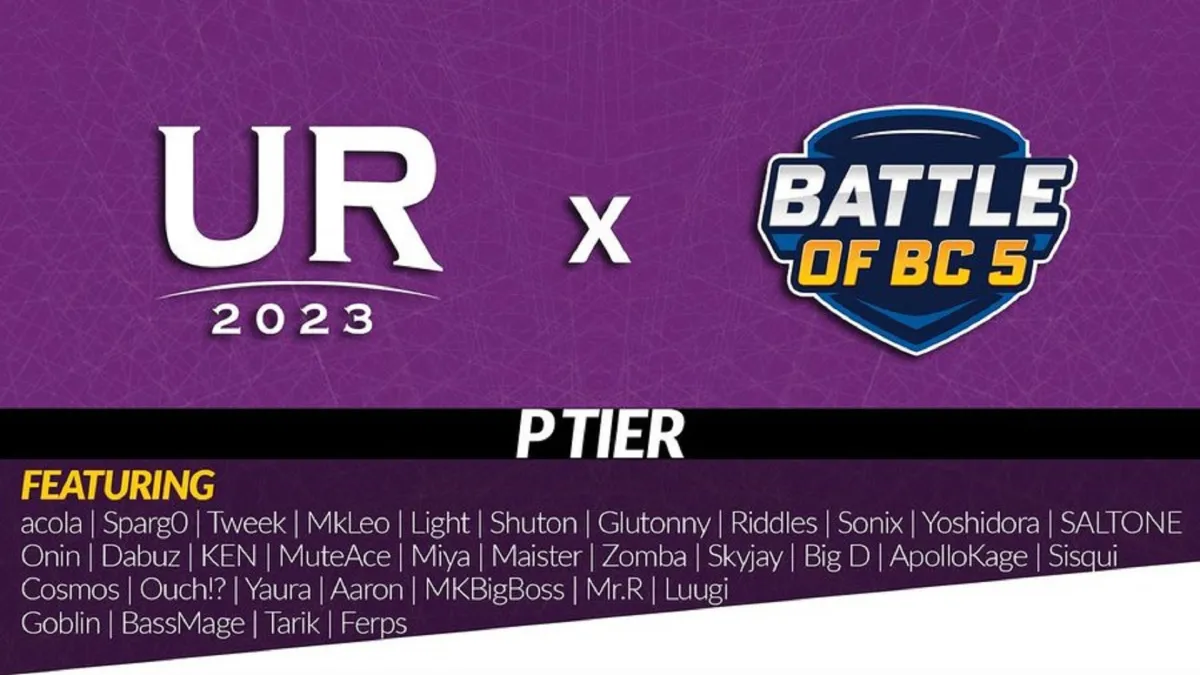
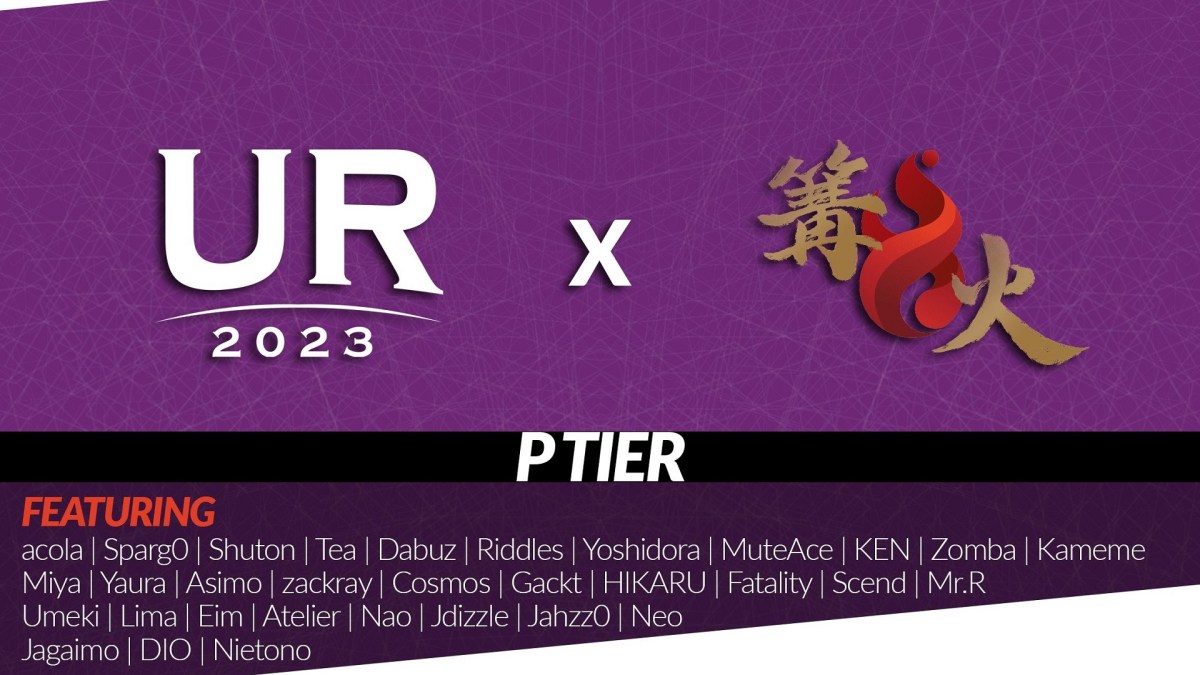
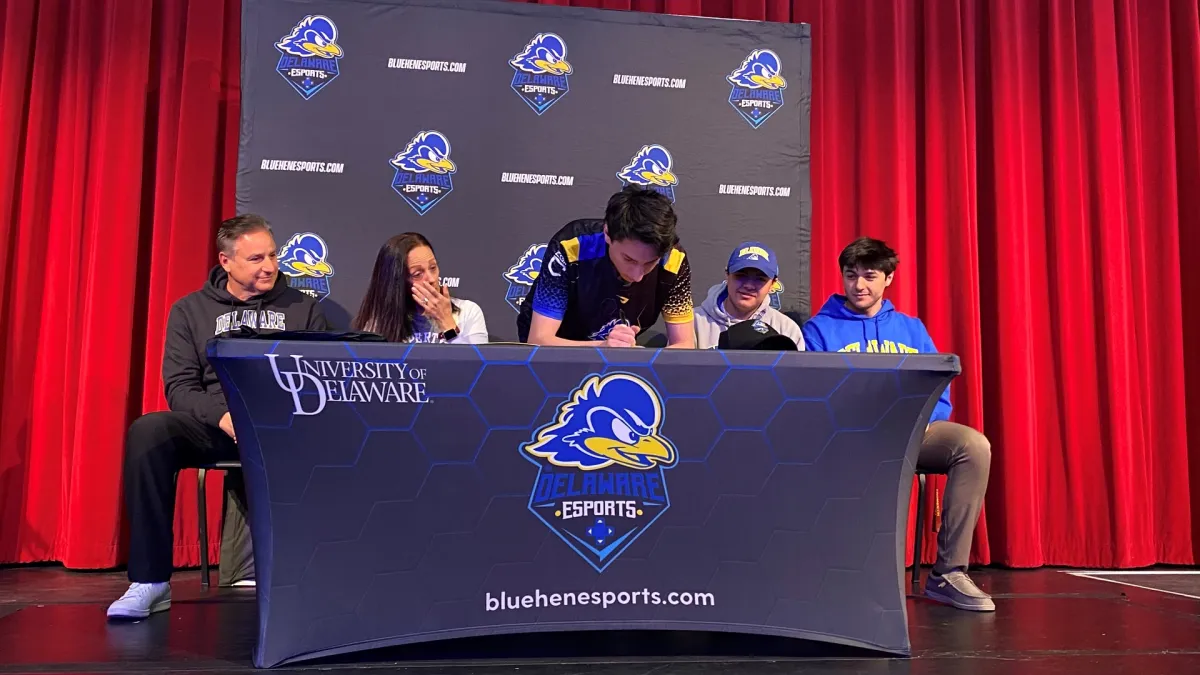


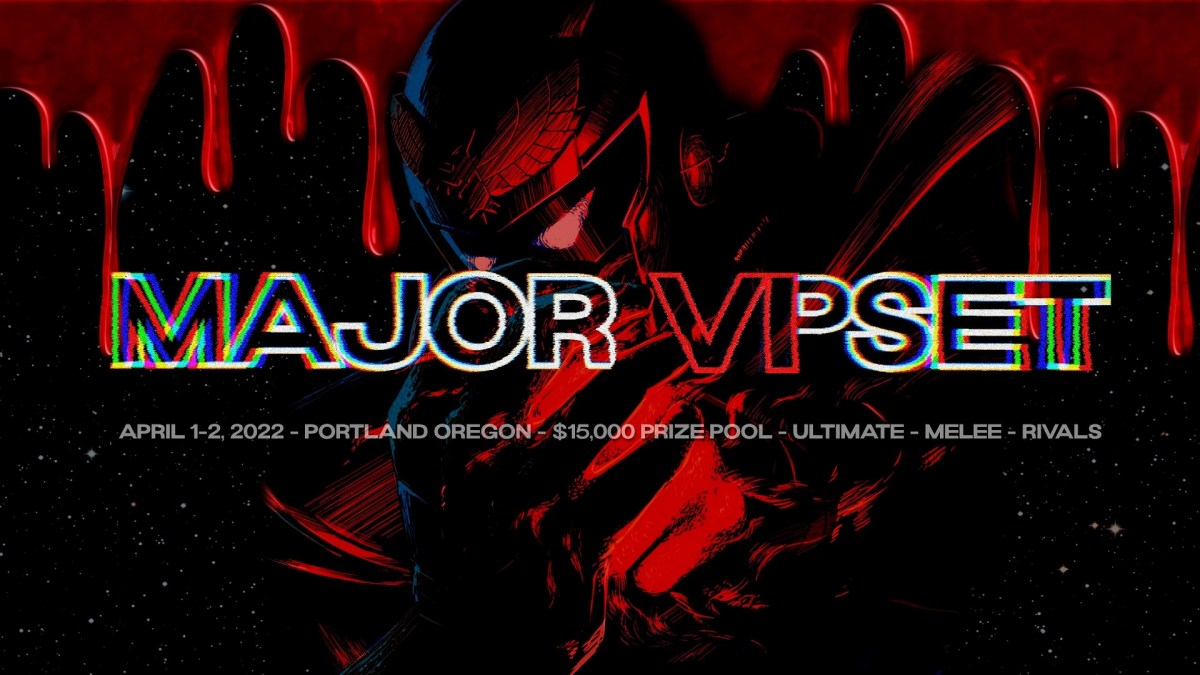

Published: May 29, 2021 03:00 pm